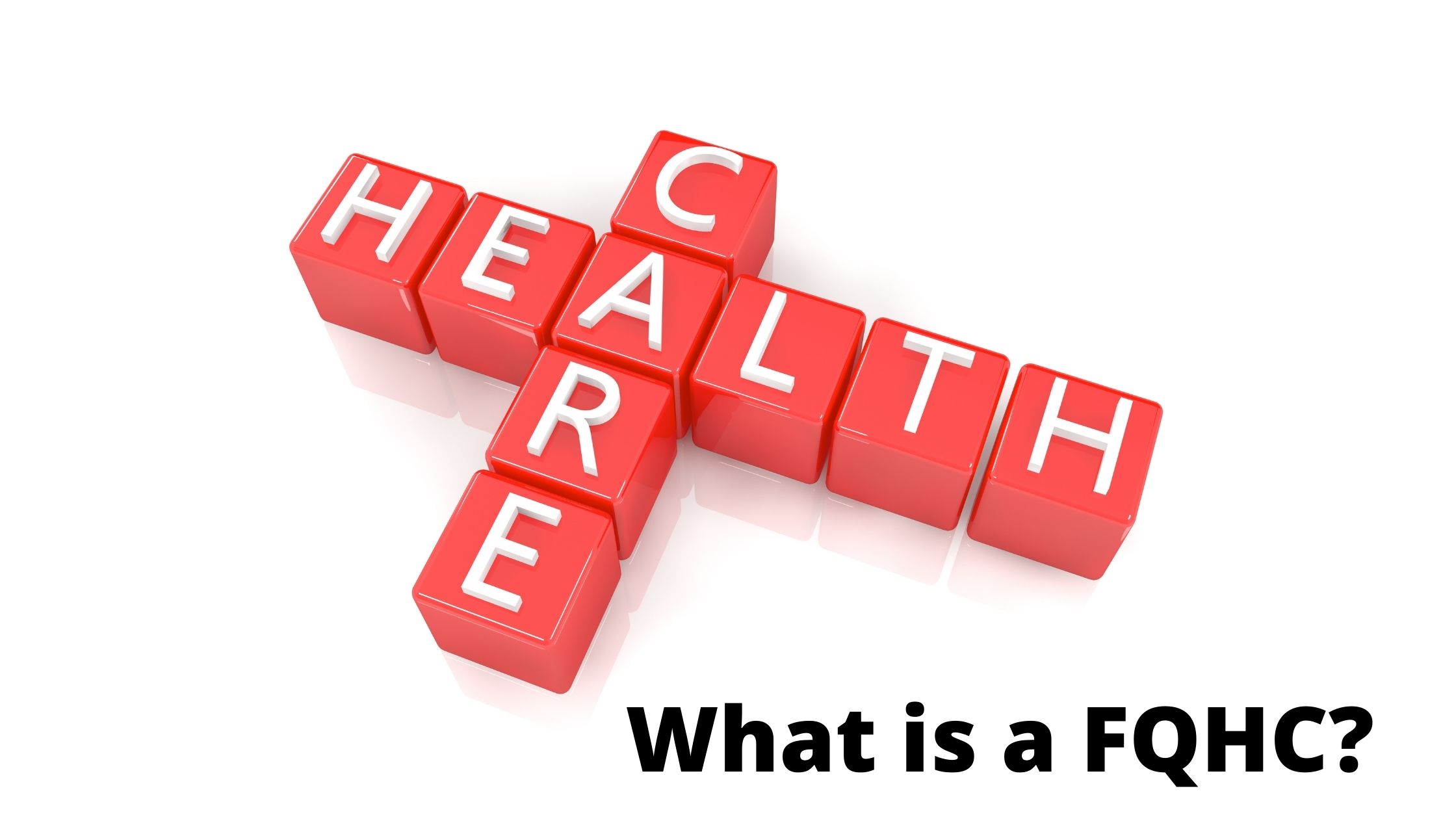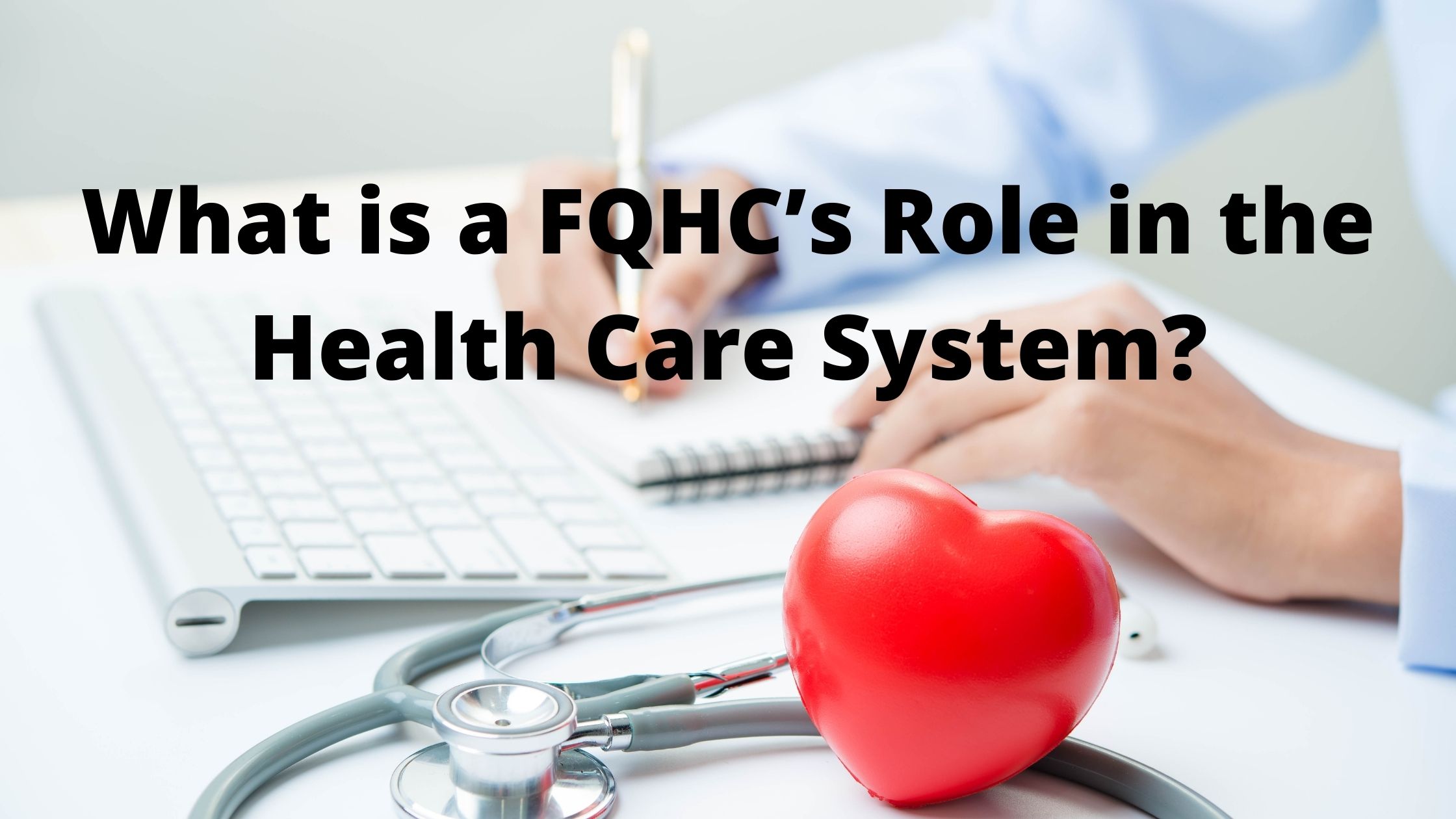A federally qualified health center (FQHC) is a type of healthcare provider that meets certain criteria set by the U.S. Department of Health and Human Services (HHS). These health centers typically provide comprehensive services, including primary care, mental health, dental, optometry, and reproductive health services. A federally qualified health clinic (FQHC) is a smaller version of an FQHC – these clinics only offer primary care services.
What is a FQHC?
A federally qualified health center (FQHC) is a type of health clinic that is federally funded and meets the requirements set by the Affordable Care Act. These centers provide comprehensive, affordable health care to low-income and uninsured patients. They are typically smaller than federally qualified health clinics, and may also offer preventive services like screenings and immunizations.
A federally qualified health clinic (FQHC) is a type of health center that is not federally funded but meets the requirements set by the Affordable Care Act. These clinics provide comprehensive, affordable health care to low-income and uninsured patients. They may offer preventive services like screenings and immunizations, but they are not as specialized as FQHCs.
What is a FQHC’s Role in the Health Care System?
A federally qualified health center (FQHC) is a type of health care provider that meets the unique needs of rural and underserved communities. FQHCs receive financial and technical assistance from the Centers for Medicare and Medicaid Services (CMS). This support helps FQHCs provide comprehensive, affordable health care services to their patients.
FQHCs are unique in that they have more flexibility than other types of health care providers. They can offer a wider range of services, including preventive care, primary care, mental health services, and substance abuse treatment. FQHCs also tend to be more affordable than other types of health care providers.
FQHCs play an important role in our nation’s health care system. They provide affordable, quality health care to people who would not otherwise have access to it.
What are the Requirements for Becoming a FQHC?
A federally qualified health center (FQHC) is a type of health care provider that meets certain requirements set by the Centers for Medicare and Medicaid Services (CMS). These requirements include having extensive experience and expertise in providing comprehensive primary and preventive care services to low-income individuals and families. In order to become a FQHC, an organization must meet certain standards, including having an annual budget of at least $10 million, operating as a not-for-profit organization, and having a staff of at least 50 full-time equivalent professionals.
A federally qualified health clinic (FQHC) is similar to a FQHC, but does not have to meet all the same requirements. Instead, an FQHC must provide at least 10 percent of its patient visits through outreach and enrollment activities conducted in low-income communities.
What are the Duties of a FQHC?
A federally qualified health center (FQHC) is a type of health clinic that is designated by the U.S. Department of Health and Human Services as meeting the requirements for quality, safety, and effectiveness of services. A FQHC must offer a wide variety of primary health care services, including preventive and wellness services, chronic disease management, and emergency services.
A federally qualified health clinic (FQHC) is an institution that meets certain requirements set by the U.S. Department of Health and Human Services but does not have the designation of a “FQHC”. A FQHC must offer a wide variety of primary health care services, including preventive and wellness services, chronic disease management, and emergency services. However, unlike a FQHC, a federally qualified health clinic may also offer specialty medical services such as obstetrics/gynecology or pediatrics; these are called “specialty clinics” by the Department of Health and Human Services.
The main difference between a FQHC and a FQHC is that a FQHC offers more comprehensive services than a specialty clinic.
Who qualifies as a FQHC Patient?
The term “FQHC patient” typically refers to a person who receives care from a FQHC. A person can be a FQHC patient if he or she meets any of the following criteria: (1) is an uninsured or underinsured individual; (2) is in the United States illegally; (3) is a Medicare beneficiary; (4) is a Medicaid beneficiary; or (5) has a health coverage plan that does not meet the requirements of the Affordable Care Act, such as COBRA coverage.
Many patients who would qualify as FQHC patients do not realize they are eligible for care from a FQHC. This is because FQHCs are not widely known and many people do not know what qualifies them as a patient. If you are unsure whether you are an eligible FQHC patient, please consult with your health care provider.
FQHCs offer comprehensive and affordable healthcare services to low-income and underserved populations. They are an important part of the healthcare network in the United States and can provide quality care for patients who might not be able to access other types of health care due to their income or insurance status.
If you are an eligible FQHC
What services does a FQHC provide?
A FQHC is a type of healthcare provider that is nationally accredited by the National Accreditation Commission for Health Care Facilities (NAHCF). The NAHCF is a voluntary, nonprofit accrediting organization that assesses healthcare centers on their compliance with standards of quality and patient care. FQHCs are required to provide a wide range of services, including primary care, chronic disease management, mental health services, and access to preventive health services.
The benefits of using a FQHC include:
– Increased access to quality healthcare: A FQHC is typically more accessible than a standard clinic because they offer more comprehensive services. This means that more people can benefit from the care offered by the center.
– Better patient outcomes: Research shows that patients who receive care from a FQHC are often more satisfied with their experience than patients who receive care from a standard clinic. This is probably because FQHCs tend to focus on providing personalized care for each individual patient.
– Improved communication between doctors and patients: Because FQHCs are required to employ team physicians, they are better able to coordinate care between different medical professionals. This ensures that patients receive the most up
Conclusion
When it comes to healthcare, there are a few key distinctions that can mean the difference between accessing quality care and going without. One such distinction is the type of health center or clinic that a patient visits. A federally qualified health center is a larger facility that offers more comprehensive services than a federally qualified health clinic. These facilities typically have more resources, such as extra staff and equipment, which allows them to provide better care for their patients.


